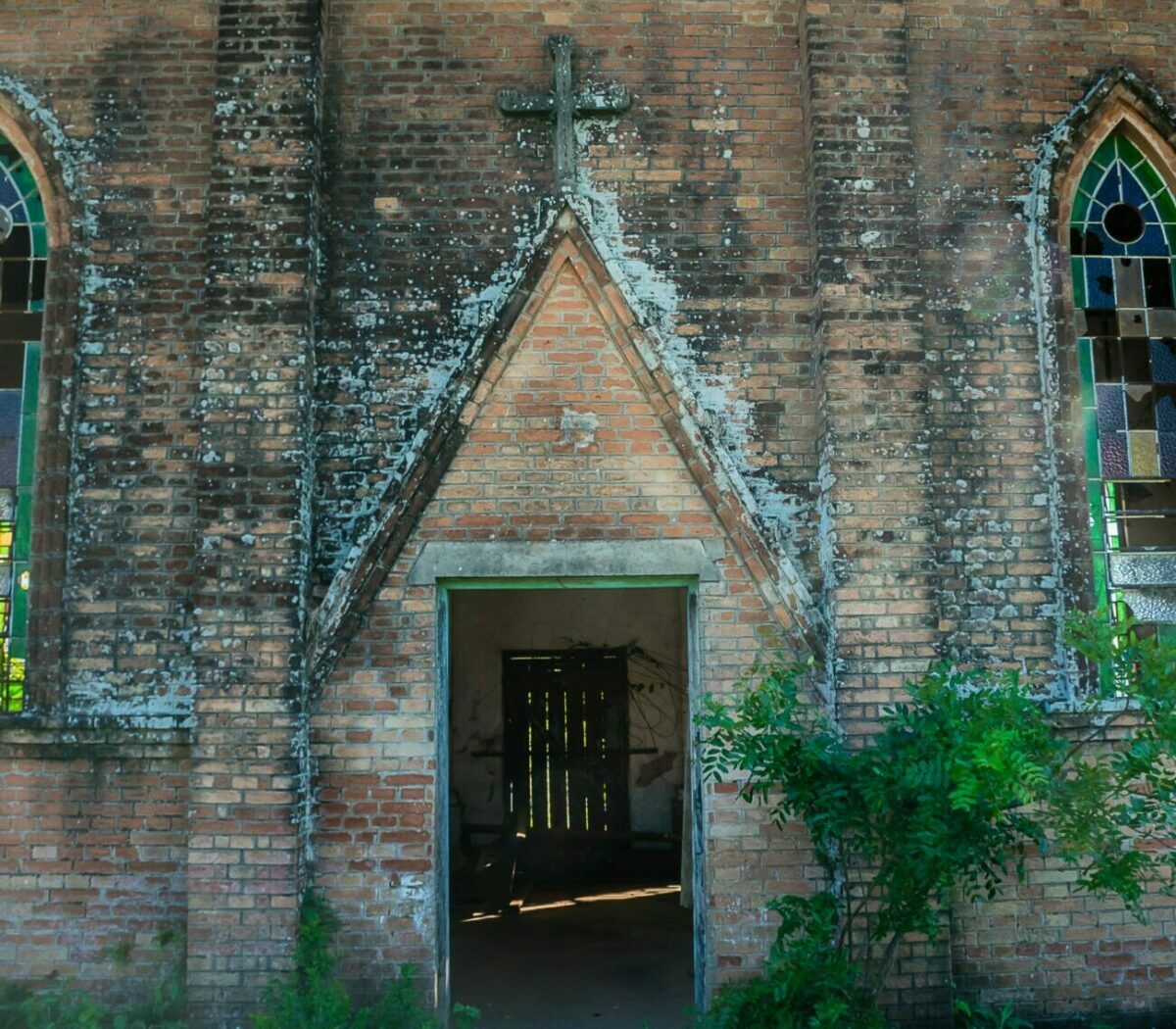“As I walk’d through the wilderness of this world, I lighted on a certain place where was a Den, and I laid me down in that place to sleep; and as I slept, I dreamed a Dream. . . .”
Simple metaphors work.
Education is a journey, Alex Sosler argues, one that cannot be separated from spiritual development because the journey itself is formation. “You have to learn who you want to be and practice being that person.” In other words, college will shape you whether you are aware of it or not.
In Learning to Love: Christian Higher Education as Pilgrimage, Sosler directs students to “re-image” the potential of the years following high school because “what a student loves most has great control over the life they pursue.” And he clearly asks students to identify what they love most, even if it’s themselves. This open and frank dialogue is one of Sosler’s strengths as he introduces the history and philosophy behind Christian liberal education.
A Christian liberal arts education should reflect our view of mankind with the purpose of reflecting God. These man-made institutions may be imperfect, but they do have the resources to help a student pursue the path of their soul’s formation as they learn of the true, good, and beautiful in their coursework.
Here Sosler aptly uses John Bunyan’s pilgrim metaphor. As a hospitable tour guide, Sosler speaks of Christian’s distractions, likening them to places where a student may be waylaid in college by “seductive reductions” of education. More than once I was reminded of Erasmus’s Folly as she spouted explanations and convinced eager learners that her view was best because it made sense. For Sosler, first comes the City of Big Brains where grades may shape our identity. Second is the City of Success where we must tackle the question of who we want to be if we are what we earn. Next, we find the group of critics who live within the City of Authenticity where the individual is prized and valued above all. In each of these ‘cities’ within college systems, Sosler presents historical context for these ideas, tracing the influence of thinkers such as Descartes, Kant, Darwin, Marx, and Foucault, while at the same time clarifying the type of dangers we could face, dangers that lead us away from God.
Sosler finally leads us to the chapter College Is for Lovers where he cites Bernard of Clairvaux. Some “seek knowledge in order to serve and edify others: and that is charity.” For me, this is the crux of Sosler’s entire book, tucked away in the middle as he pivots to examining education as worship in the second half.
“Everybody worships. The only choice we get is what to worship.”
Each of the cities or colleges described above idolize something: the mind as god, employment as god, or self as god. The better question to ask is which one of these ideas (or idols) in education has subtly drawn us away from our relationship with God himself? We are both an image bearer of Christ and a sinner. If we see sin as disordered love, as Augustine did, we have given our heart too much to things which are not worthy of it, and too little to that which is. So how do we worship well?
Sosler says, “Our loves need to be drawn out, they need to be cultivated.” This returns to an idea mentioned early in the book. Sosler asks students to consider the question—do you see each other as a soul? Further, how does the journey of education fit with that soul and the souls of others? It all comes down to knowing who we are because that—that determines how we see ourselves and how we see others, a critical point for learning in community.
This is one of the simple beauties of Sosler’s narration. He calls us to re-image what we know of learning and education, their pitfalls and purposes. All along he has been gently and effectively drawing together the soul’s journey with the life of the mind. Knowledge is a gift, “and in an education directed toward love, to fail to appreciate [what is around us] is a failure to learn.” Sosler details that moment of discovery, where we suddenly delight in realizing something we did not know before. “The thing did not change; we did.”
To help us know how we see the world, each chapter is followed by a series of discussion or journal questions to draw out our own thoughts.
As the administrator of a small secondary school where I teach Humanities and Biology, I recognize that my students may not go to college. They may not go to a Christian liberal arts school, but I was encouraged by Sosler and all the many ways he connected love and knowledge to the journey that a rightly ordered education invites students to take. The infilling of knowledge and wisdom is a gift of God, and Sosler is a welcome guide, the best of docents, for students and educators alike.
Image via Pexels.
